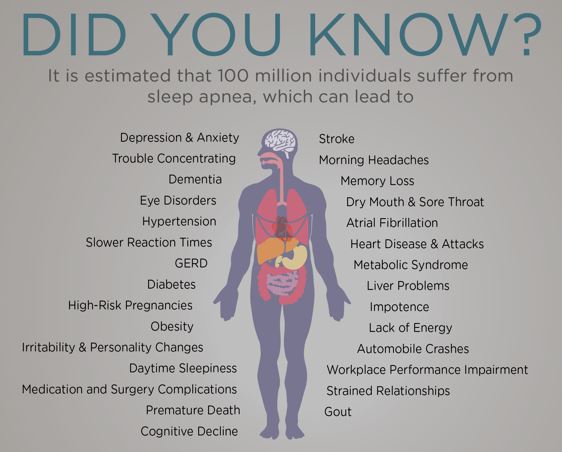Not Sleeping Well? It Might Be Time to See a Sleep Medicine Specialist
Not Sleeping Well? It Might Be Time to See a Sleep Medicine Specialist
Do you find yourself tossing and turning at night, waking up tired, or struggling to stay awake during the day? Poor sleep doesn’t just make you groggy—it can negatively impact your physical and mental health. If you’re constantly asking, “Why can’t I sleep?” or “Why am I always tired?” it may be time to consult with a Sleep Medicine Specialist.
At Comprehensive Sleep Care Center, our team of board-certified sleep experts specializes in diagnosing and treating a wide range of sleep disorders, helping you reclaim your nights and restore your energy.
When Should You See a Sleep Medicine Specialist?
If you’re experiencing any of the following symptoms, a consultation with a sleep doctor can help:
- Chronic insomnia
- Loud snoring or gasping for air during sleep
- Excessive daytime fatigue or trouble staying awake
- Difficulty falling asleep or staying asleep
- Restless legs or unusual movements during sleep
- Feeling unrefreshed even after a full night’s sleep
Sleep disorders such as obstructive sleep apnea (OSA), narcolepsy, restless leg syndrome, and circadian rhythm disorders often go undiagnosed but can lead to serious health issues like heart disease, diabetes, and depression if left untreated.
What to Expect at a Sleep Consultation
Our Sleep Medicine Specialists will perform an evaluation, which may include:
- A review of your sleep history and symptoms
- A recommendation for an overnight sleep study (polysomnography) or home sleep apnea test
- Personalized treatment options, which may include PAP therapy, oral appliance therapy, or lifestyle changes
We use the latest diagnostic tools and evidence-based treatments to deliver comprehensive care tailored to your unique sleep needs.
Why Choose Comprehensive Sleep Care Center?
With multiple locations across the DMV area and a multidisciplinary team of physicians, PAs, and respiratory therapists, we provide convenient and compassionate care to patients of all ages.
Benefits of choosing CSCC include:
- State-of-the-art sleep labs
- Telemedicine appointments
- Multilingual staff
- Personalized treatment plans
- Coordination with your primary care provider or specialist
Don’t Let Poor Sleep Take Over Your Life
Sleep is essential for your health, mood, and productivity. If you’re not sleeping well, don’t ignore the signs. Schedule a consultation with one of our experienced Sleep Medicine Specialists today and take the first step toward better sleep and better health.
Call us at 703-729-3420
Book your appointment online at www.ComprehensiveSleepCare.com

